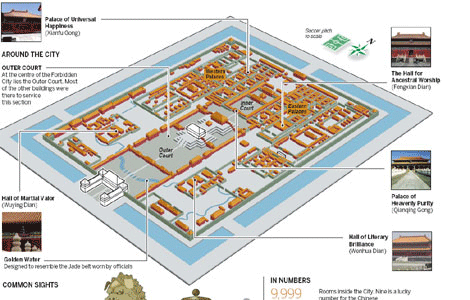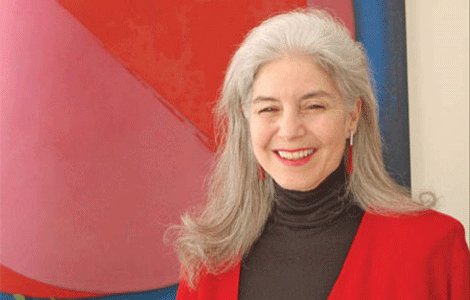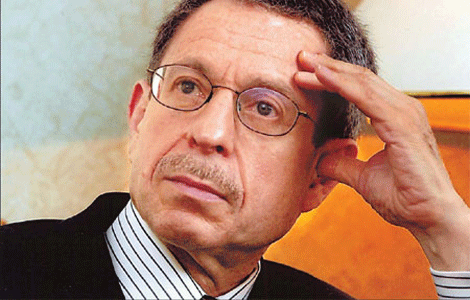Society
Beijing plans to charge tolls on some roads
Updated: 2011-09-03 08:29
By Cheng Yingqi (China Daily)
City aims to cut back daily traffic, increase public transportation use
BEIJING - Beijing is planning to impose traffic congestion fees on cars using certain roads and to encourage residents to buy alternative-energy cars in a campaign to ease chronic traffic jams and cut pollution.
Officials hope the fees will lead more residents to use public transportation, according to the capital city's five-year plan to become more environmentally friendly, Xinhua News Agency reported on Friday.
The reports did not explain how the tolls would be imposed or collected.
"By 2015, our goal is to have public transportation handling 50 percent share of traffic volume inside the Fifth Ring Road, 10 percentage points higher than the figure in 2010," said Wang Yingjian, a senior official from the municipal commission of development and reform, at a news conference on Thursday.
"We also are trying to lower travel times between new satellite towns in Beijing suburbs and the Fifth Ring Road to less than 60 minutes."
According to the Beijing Municipal Commission of Transport's website, the number of vehicles in the city increased 1,900 a day in the first half of 2010 and will hit 7 million by 2015 at that rate.
Beijing has already taken several measures to reduce traffic volume since the 2008 Beijing Olympic Games, when it began barring some vehicles from the streets on certain days depending on their license plate numbers.
In January, it began capping new car registrations at 20,000 per month, available through a lottery. But that has only slowed the pace of the growing traffic, while angering tens of thousands of hopeful car owners left unable to buy a vehicle.
Beijing also raised parking fees, built parallel roads, widened some intersections and expanded its subway system, all to try to relieve the heavy city traffic.
"Neither traffic restrictions nor congestion fees can end traffic jams, because they fail to address the essence of the problem," said Zhang Changqing, a traffic law expert at Beijing Jiaotong University.
"Although the plan does not clarify the exact road sections the government is going to charge tolls on, it is simple logic that if it is the Second Ring Road only, people will swarm to Third and the Fourth Ring Road and cause traffic congestion there.
"Currently, all the rings are already seeing heavy traffic, so I believe the government will have to set up tolls everywhere," Zhang said.
Zhang suggested that the government should instead expand city roads and invest more in public transportation.
"I strongly oppose the congestion fee because traffic congestion is the result of outdated urban planning, and car owners like me shouldn't be responsible for footing the bill for this," said Liu Chen, 25, a car owner in Beijing.
Liu also said if the government charged tolls only during peak hours, she would try to drive on off-peak hours.
Wang Yong, an environmental activist in Beijing, said that if the government had to collect the congestion fee, it should use the money to improve traffic conditions.
"Imposing the toll itself won't change that people have to travel long distances from their homes to work, so the government should remember that using the money properly is as important as collecting it," Wang said.
Wang said that since 1998, he has offered free rides to more than 10,000 people in Beijing and that he believed this was a good way to cut down the number of cars on the road.
China Daily
E-paper

Unveiling hidden treasures
The Forbidden City, after the Great Wall, is the most recognized tourist site in China.
Short and sweet
Game for growth
Character reference
Specials

China at her fingertips
Veteran US-China relations expert says bilateral ties have withstood the test of time

The myth buster
An outsider's look at china's leaders is updated and expanded

China in vogue
How Country captured the fascination of the world's most powerful fashion player
